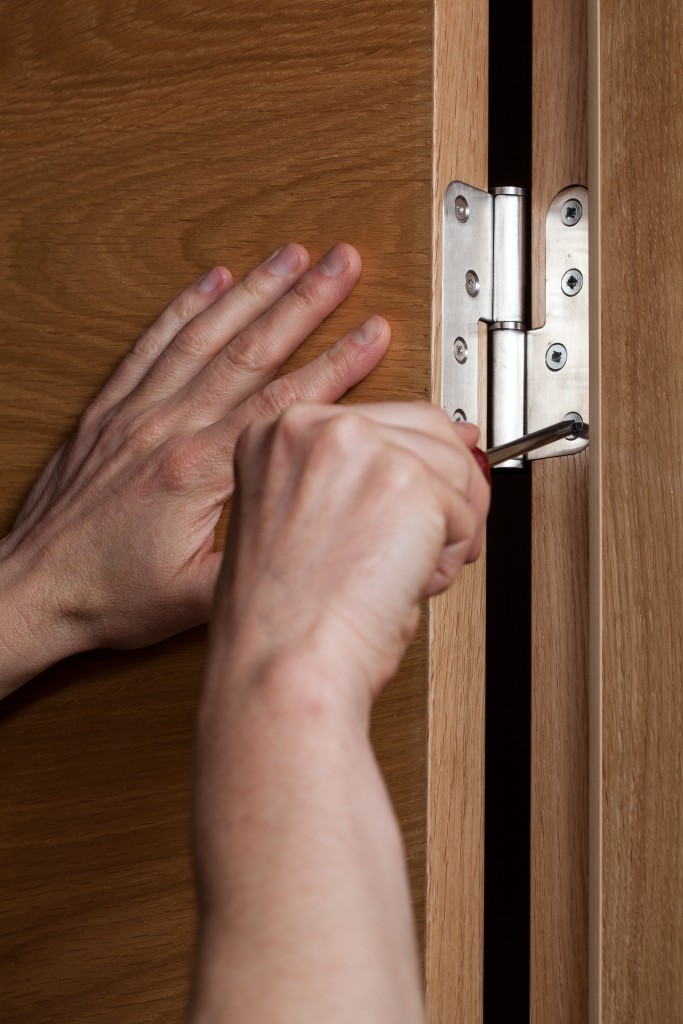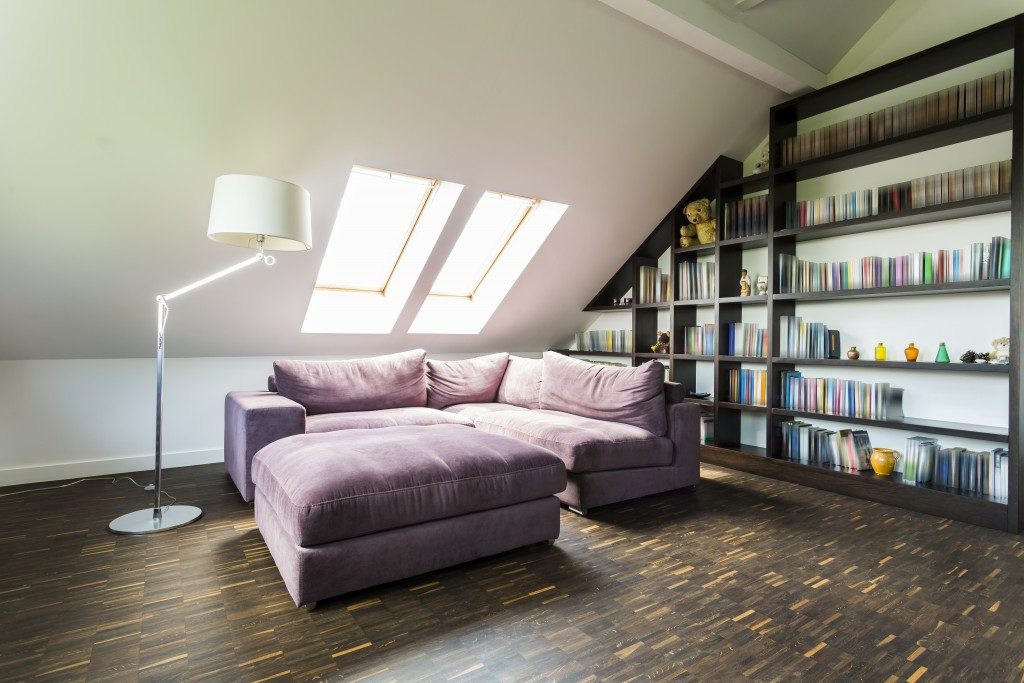Wood remains one of the leading construction materials. Regardless of the main material you choose for your building, it will still probably have an element or two that are made of wood. For instance, you will need to use different planks. And fastening these panels often involves the use of a mechanical fastener.
Mechanical woodworking fasteners have two categories: connectors and dowel-type fasteners. Connectors transfer the load of your wooden surfaces to each panel while dowel-type fasteners like screws, bolts and nails transfer the load along your dowel’s length. You can also use adhesives like expanding wood glue from a store in the UK and joinery techniques to hold wood pieces together.
With various options, many people still use nails for their woodworking projects. Screws, however, are the best fasteners for most wood types. Here are the screw types you can use for joining wood pieces:
Standard Screws
These are three to four inches long and have a shank that is partially threaded at the top. The smooth partial threading of a standard screw allows it to pull the bottom piece you are screwing towards the top one. Standard screws are inexpensive and primarily used for non-structural applications. They have a flat head that guarantees a neat finish after they have been driven into wood.
Pocket Screws
Pocket screws are known for their self-drilling ability. They have a broad head attached to a flat shoulder. They are suitable for wood panels that already have pocket holes since these will hold the screws securely. The use of standard screws on wood panels with pocket holes carries the risk of the screws splitting the wood. Also, many pocket screws have square drives that make their placement easier. If you can’t find a supply of pocket screws, pan-head screws are a great alternative option.

Deck Screws
These are suitable for all outdoor woodworking projects since they can withstand salty waters and harsh weather elements. Made of hardened steel or copper, deck screws are corrosion-resistant. They also feature deep threads along their shanks and sharp tips, which allow easy insertion into both softwood and hardwood boards.
Drywall Screws
Drywall screws are one of the most economical options, making them the go-to fastener for jig projects. They have a thin shank and a thread run covering their entire length. Because of their thinness, drywall screws are not as strong as other screw types and might not be ideal for more serious projects.
Lag Screws
These are also called lag bolts. They are ideal for joining heavy boards because they have thicker threads than other screws, which allow them to provide considerable support. Lag screws have hexagonal heads that resemble bolts since they need extra torque when tightening. They are often used with washers that help distribute the heads’ pressure to a large surface area on the wood being joined.
Unlike nails and other fasteners, wood screws are more secure and will hardly damage the wood. Just make sure you select the right screw for the job to ensure you finish your project safely and efficiently.

